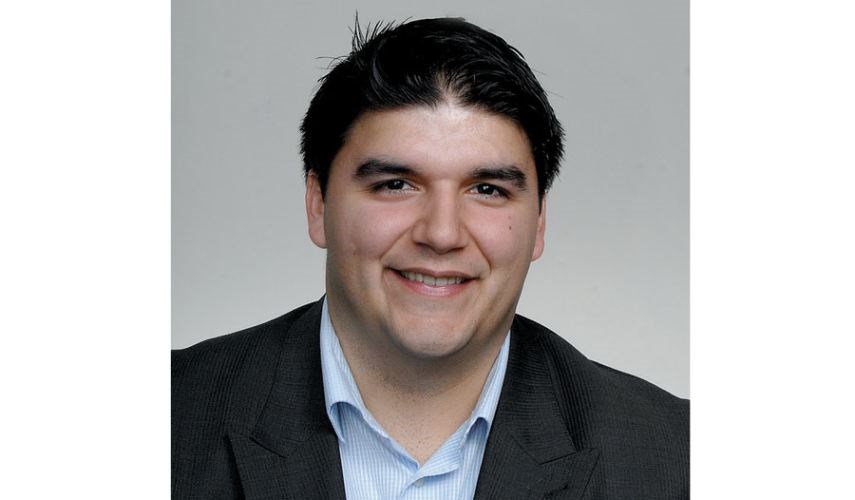It's been a long time since I brought up the issue of electoral boundaries and ward systems. And while I'm sure some of you are already groaning at the prospect of another treatise on this issue, I promise that I will try not to retread the ground that is typically brought up ad nauseum when this is discussed. Instead, I would like to begin with a simple premise that we can all agree on: different people need a range of different choices.
Driving through Prince George and the surrounding area, it soon becomes apparent that each neighbourhood, suburb, and district has a distinct character of their own. There is in fact a feedback loop in all these areas, as the geography of a given space and the amenities in it attract different kinds of people. These groups of people usually have values and priorities that match their neighbours closely; thus, each neighbourhood develops a certain cultural pattern.
This is plainly observable. You don't find many cosmopolitans out in Blackburn, just as you don't find many rednecks on Ewert Crescent. But by that same token, the priorities of Blackburn and Ness Lake are dissimilar enough to need different elected officials, even though they are both "out of town" or "in the country." My argument is simply that the same point could be made for those of us here in town, as the priorities of College Heights are different from South Fort George.
How do you serve those different priorities? By providing freedom of choice, the most basic of which is the freedom to choose who you believe will fight for your interests first. By definition, that requires a set geographic area to which a given elected official is tied. And that means more accountability and trust for both the candidates as well as the voters.
It is a common argument to say that City Council is the exact kind of government that would be destroyed by a ward system, supposedly by it dividing the town against itself. But I remain wholly unconvinced by this argument for two reasons; first, this town is already divided on several issues, and second, to bring any group of people together, they must learn to prioritize their needs and interests. However, voters will only do this if they believe there is accountability.
As it stands now, we elect eight people en masse to represent our city en masse, which is an impossible task given our size. Thus, it becomes easy to alienate one neighbourhood for the benefit of another or a business interest, since the neighbourhood that loses is just so many faceless voters. And when the next election comes, every councillor can simply court a different part of town. In fact if they all stick together, none of them might lose their seats at all.
Furthermore, when councillors do lose their seats, it's not how they ought to lose, which is to have failed a specific group of people in a part of town they are responsible for. They lose because they fail to combine the right coalition of interested parties, or their fellow councilor uses their base, larger than any single neighbourhood would be, against them to benefit their friends.
Thus, I fail to see how not having wards actually benefits our city. As with all things that create a lack of accountability, it creates distrust amongst the electorate and a single viewpoint in the halls of power. This isn't just unethical, it's bad for business and growth, as it stifles entrepreneurs and the new ideas our city desperately needs.
In an age as obsessed with diversity as ours, it seems obvious to me that different people need a range of choices. The easiest way to provide that is to allow said diversity to work for us, by utilizing the geographic limitations citizens have freely adopted themselves and letting them select a representative to match.
This is a principle as old as democracy itself, and it has worked every time to help foster growth and prosperity. I hope we have the courage to make it happen.



